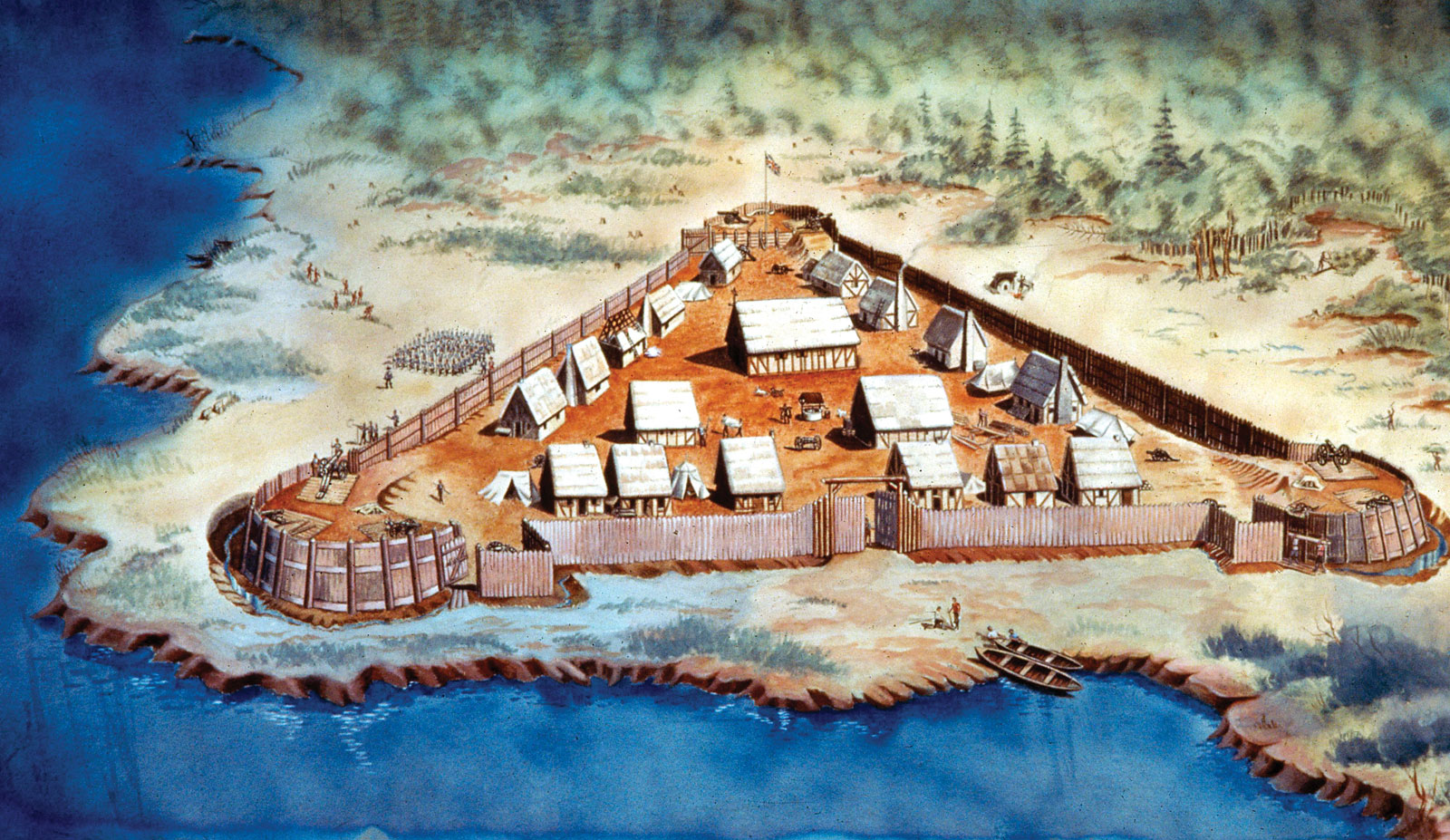Jamestown Settlement: The Birthplace Of America

Jamestown Settlement is a significant historical site that marked the beginning of permanent English settlement in North America. Established in 1607, this settlement not only represents the struggles and triumphs of early colonists but also lays the foundation for the future of America. In this article, we will explore the history, challenges, and legacy of the Jamestown Settlement, providing a comprehensive overview of its importance in American history.
As we delve into the story of Jamestown, it is essential to understand the context of its establishment. The settlement emerged during a time of exploration and expansion, driven by the desire for wealth, resources, and new opportunities. The English Crown sought to establish a foothold in the New World, leading to the formation of the Virginia Company, which sponsored the expedition that ultimately founded Jamestown.
Through this article, we will cover various aspects of the Jamestown Settlement, including its founding, the challenges faced by the colonists, the interactions with Indigenous peoples, and its lasting impact on American history. By examining these elements, we aim to provide a thorough understanding of why Jamestown remains an essential part of the American narrative.
Table of Contents
The Founding of Jamestown
The establishment of Jamestown on May 14, 1607, was a pivotal moment in American history. A group of approximately 100 English settlers, led by Captain John Smith, arrived on the banks of the James River in Virginia. They were motivated by the promise of wealth from gold and other resources. The settlement was named after King James I, who granted the charter to the Virginia Company.
Key Objectives of the Virginia Company
- Establish trade and find gold.
- Expand English influence in the New World.
- Explore new territories for potential resources.
Upon arrival, the settlers faced numerous challenges, including a lack of food, inadequate shelter, and conflicts with Indigenous tribes. Despite these hardships, Jamestown persisted, becoming the first permanent English settlement in North America.
Challenges Faced by the Colonists
The early years of the Jamestown Settlement were fraught with difficulties. The settlers struggled with harsh environmental conditions, limited supplies, and a lack of agricultural knowledge.
Environmental Hardships
- Swampy terrain leading to diseases like malaria.
- Unfamiliar climate affecting crop growth.
In addition to environmental issues, the settlers faced internal conflict and poor leadership, which further hindered their ability to establish a stable community. The "Starving Time" of 1609-1610 was particularly devastating, resulting in a significant loss of life.
Interactions with Indigenous Peoples
The relationship between the Jamestown settlers and the Indigenous peoples, particularly the Powhatan Confederacy, was complex. Initial contact led to trade and cooperation, but misunderstandings and conflicts soon arose.
Trade and Cooperation
- Indigenous tribes provided food and resources to the settlers.
- Trade relationships developed, benefiting both parties.
However, as the English settlers expanded their territory and resources dwindled, tensions escalated, leading to violent confrontations and long-term consequences for Indigenous communities.
Economy and Survival
The survival of Jamestown depended heavily on developing a sustainable economy. The introduction of tobacco cultivation transformed the colony's fortunes and laid the groundwork for the plantation system in Virginia.
The Role of Tobacco
- Tobacco became the primary cash crop.
- Trade of tobacco with England generated significant profits.
This shift not only ensured the colony's survival but also attracted more settlers and investment, leading to the expansion of the Virginia Colony.
The Legacy of Jamestown
Jamestown's significance extends beyond its initial struggles. It symbolizes the beginning of a new nation, representing both the promise of opportunity and the challenges of colonization.
Impact on American Identity
- Jamestown serves as a foundational story for American history.
- It highlights the complexities of colonization, including cultural exchanges and conflicts.
The settlement set the stage for the evolution of democracy and governance in America, establishing precedents for self-government and representation.
Visiting Jamestown Settlement Today
Today, the Jamestown Settlement is a popular tourist destination, offering visitors a chance to explore the history of the first permanent English settlement. Interactive exhibits, replicas of the original fort, and living history demonstrations provide an immersive experience.
Visitor Information
- Location: Jamestown, Virginia.
- Exhibits: Artifacts, models, and multimedia presentations.
- Activities: Guided tours, reenactments, and educational programs.
Visitors can gain a deeper understanding of the challenges faced by the early settlers and the impact of their legacy on contemporary America.
Jamestown Settlement: Key Facts
| Fact | Details |
|---|---|
| Year Established | 1607 |
| Founders | Virginia Company, led by Captain John Smith |
| Location | James River, Virginia |
| Notable Events | The Starving Time, introduction of tobacco cultivation |
Conclusion
In conclusion, the Jamestown Settlement holds a vital place in American history, representing both the challenges and the resilience of early colonists. Understanding its history allows us to appreciate the complexities of our nation's past. We encourage readers to explore more about Jamestown and its legacy, share their thoughts in the comments, and continue learning about the foundational stories of America.
Penutup
Thank you for exploring the fascinating history of the Jamestown Settlement with us! We hope this article has provided valuable insights and encouraged you to delve deeper into American history. We invite you to return for more engaging content that uncovers the stories that shaped our nation.
ncG1vNJzZmirn521b6%2FOpmasp5idu6bD0pusrGpmZLeiucSsq6ivnmLApsDTpZymnZ6pe6nAzKU%3D